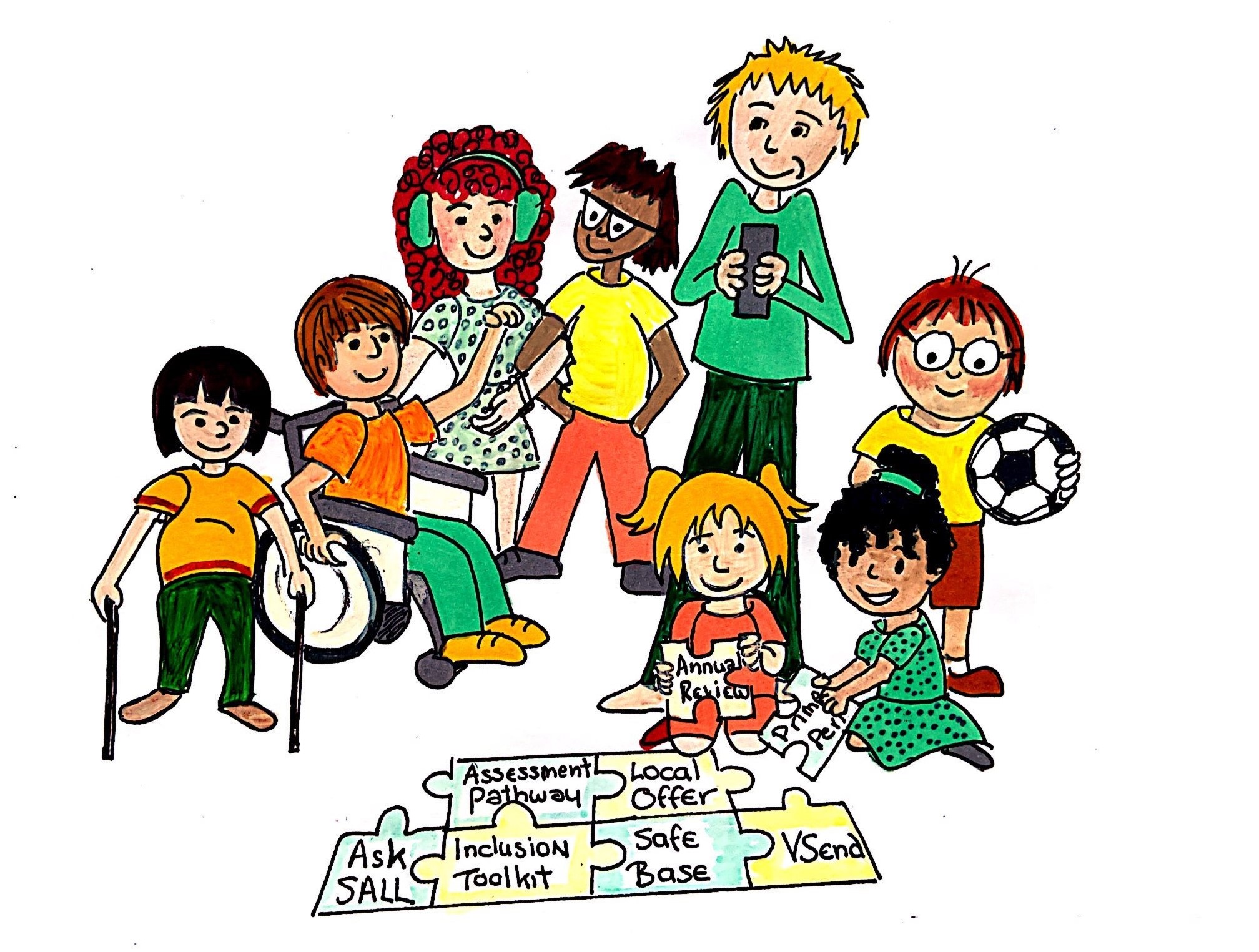Level 5-6 what you may notice
0-5
The child may exhibit difficulties in understanding language which impacts on their ability to communicate effectively and impact on their personal, social and emotional development and mental health. The child shows significant difficulties with receptive or expressive language.
Understanding of language
- possible disorder identified using Progress Check at 2 years
- receptive language significantly delayed or impaired, showing a marked discrepancy with chronological age and other abilities
- child will show a marked discrepancy in speech, language and communication skills in assessments completed by a speech and language therapist
- child may demonstrate significant frustration and challenging behaviour which may include withdrawal from others, aggression or self-harm. Likely to have an impact on mental health and self esteem
- unable to join in with familiar rhymes and songs
- finds it hard to listen to and retain instructions over time
- child has difficulty following or understanding sentences with more than one element in context, including everyday language without visual references
Expressive (spoken) language
- expressive language significantly delayed or impaired, showing a marked discrepancy with chronological age and other abilities
- limited communication skills
- severe language disorders affecting vocabulary, semantic, organisation and phonology
- difficulty with words and sentence structure and struggles to express themselves in play and activities or tell people how they feel
- may appear verbal but require visual support to understand language
Speech Sounds
- impaired and disordered speech sounds which have a profound impact on intelligibility, on the development of expressive language and the child’s ability to communicate effectively
- reduced number of sounds available to them and difficulty making particular sounds in simple or longer words.
- phonological processing disorder
5-16
The pupil shows moderate to severe difficulties with expressive and/or receptive language that affects access to the curriculum. The pupil’s needs are met using a combination of approaches (Including small group interventions and 1:1 individualised support in and out of the classroom) following support and advice from specialists. At Secondary, this pupil may be following a different curriculum pathway.
- the pupil finds it difficult to understand language (written and verbal), concepts and vocabulary beyond the everyday context – this may result from verbal dyspraxia, disordered language etc. - affecting reasoning and predicting skills
- frequently listening and attention difficulties, and associated difficulty in understanding age-appropriate adult instructions
- difficulty in processing language in particular settings e.g. in whole class listening and discussions
- there are moderate difficulties in expressing themselves verbally, in terms of grammar, word-finding and/ or vocabulary
- poor generalisation of concepts and transfer of skills
- they use alternative forms of communication when tired or stressed
- the pupil has poor speech intelligibility and therefore struggles to make themselves understood
- severe language delay, moderate language disorder. Severe or moderate problems in either, or both, understanding and expression
- in addition, one or more of the following also applies:
- frequent difficulty communicating verbally beyond basic needs
- frequently relies on a trained listener or family members for expressing themselves out of context
- frequent difficulties participating in social activities in unfamiliar contexts or with unfamiliar people
- frequent difficulties participating independently in unfamiliar educational activities


